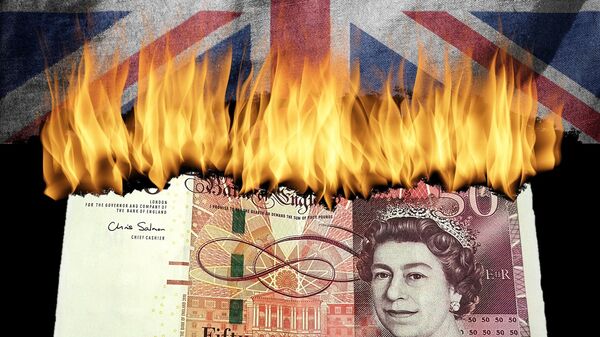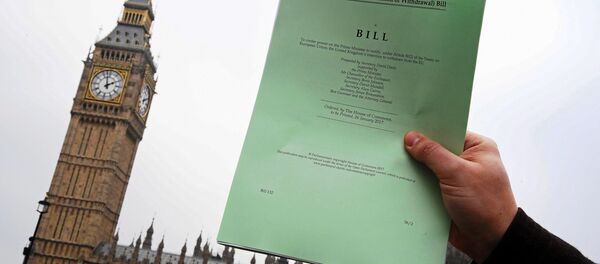While consumer confidence might have been shaken by gains in domestic inflation and the pound sterling’s devaluation rendering imports dearer, a rise in output costs in domestic manufacturing and brighter export prospects have encouraged international financial firms and the IMF to upgrade their view of the UK economy.
A consumer price index overshot the Bank of England’s (BOE) target in February, the first time since 2013. UK inflation was likely at 2.1pc that month, and further acceleration in inflation is expected, fuelled by rising raw materials and oil prices, driving gains in factory input costs. Subsequently, a quicker pace of economic expansion is anticipated in line with inflation projections, as a rebound in manufacturing is likely to compensate for the slight erosion in UK consumer confidence.
The BOE, meanwhile, expressed their tolerance of inflation slightly above their target, meaning the regulator will not rush to raise base borrowing costs, currently at 0.25pc, in order to not harm economic growth. However, some tightening in the UK monetary conditions can be expected this year should the economic expansion remain robust.
“We knew that 2017 would be a year of political and economic challenges but the signs are that the UK is well placed to deal with the risks on the horizon,” Edward Thurman of Lloyds Bank said. “Financial services firms are an important barometer of the UK economy – and despite uncertainties such as the future of our relationship with the EU and new regulatory pressures, they are confident that the outlook for the UK over the coming year is better than had been expected.”
The BOE is expecting inflation to rise to as high as 2.8pc in early 2018, whilst some market participants expect gains in prices to excess 3pc – either way, the central bank will react accordingly with policy tightening in order to keep inflation subdued. The question is, how robust the actual economic growth will turn out to be amidst all the Brexit-related uncertainty and the widely debated second referendum on Scottish independence.
“Thanks to the hard work of businesses and the continued resilience of the redoubtable British consumer, the UK economy is likely to grow somewhat more strongly than we’d previously expected during 2017,” Adam Marshall of the British Chamber of Commerce (BCC) said.
The BCC forecasts a 1.4pc growth this year, an upgrade from the previous estimate of 1.1pc made in December. In 2018, the BCC expects the economy to add 1.3pc, and 1.5pc in 2019.
Adding to the erosion in consumer confidence, gains in worker compensation is faltering. The BOE said they expect wages to increase an average 3pc this year, whilst most recent data have shown only 2.2-percent gains in salaries over the past year, which is very close to the current pace of inflation.
UK exporters and manufacturers are getting a massive advantage amidst the recent macroeconomic developments. The decline of the sterling and increased demand in overseas markets last quarter, most prominently the Commonwealth nations, have produced the biggest increase in UK exports in the past ten years.
The International Monetary Fund (IMF) has updated its view of UK growth this year to 1.5pc, citing the failure of disastrous Brexit spillovers to materialize as the main upside factor.
“Policymakers will likely share a sense of growing optimism, because the recent strengthening of activity suggests that the world economy may finally snap out of its multi-year convalescence,” Christine Lagarde of the IMF said.
In October, the IMF expected UK growth to not exceed 1.1pc this year, and the fund said it could further upgrade its vision of UK growth in April should the current positive trends prevail.






